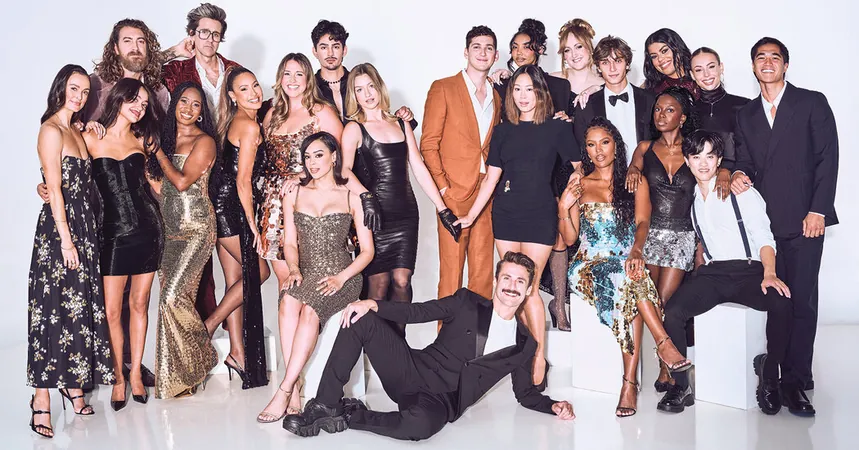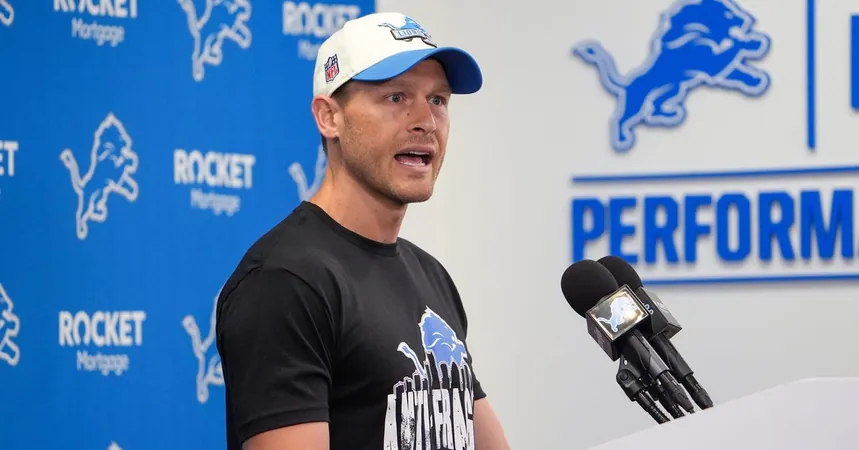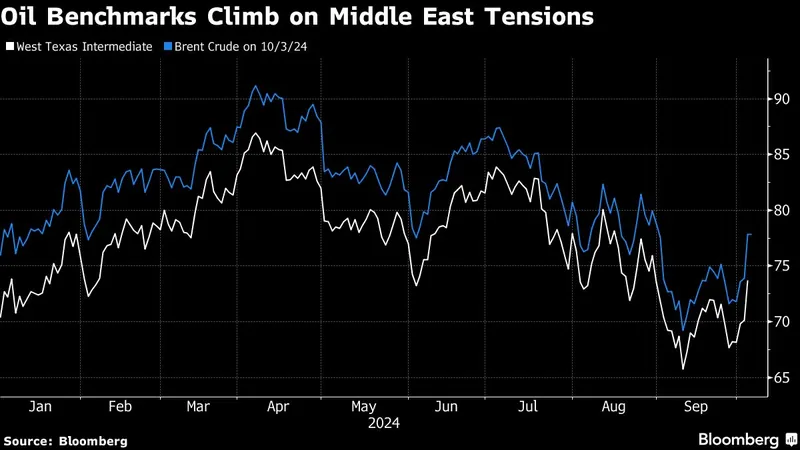
Is Social Media Fame Dismissing a New Era of Influencers?
2024-10-11
Author: Ming
This week, The Hollywood Reporter unveiled its highly anticipated "Top 50 Most Influential Influencers" list, featuring renowned personalities like Alix Earle, Kai Cenat, Nara Smith, and beloved YouTube duo Rhett and Link, alongside TikTok sensation Charlie D’Amelio. Each of these figures boasts hundreds of millions of fans and accumulates billions of views, highlighting the vast reach of digital platforms. For context, D’Amelio has an astounding 155.8 million followers on TikTok alone!
Yet, when the magazine shared a photo of 22 influencers in glamorous attire on social media platform X, the response was shockingly indifferent. The post's caption, "Hollywood, meet your new A-List," seemingly fell on deaf ears. Many users, perplexed by the photo’s featured influencers, took to the comments expressing disbelief, with one commenting, "I literally have 14 hours of screentime a day—who are these people?" Comedian Rob Delaney humorously mused, "Can I be edited into this photo?"
This reaction illustrates a lingering perception that true fame is still heavily associated with traditional entertainment avenues like film, music, and television. However, the landscape of celebrity is rapidly shifting as personal brands and internet personalities become a fixture in mainstream culture.
In 2024, the distinction between internet personalities and traditional celebrities is becoming increasingly blurred. The aforementioned influential figures are breaking barriers; for instance, D’Amelio not only won a season of "Dancing with the Stars" in 2022 but is also set to star in the Broadway production of "& Juliet." Benny Drama, another notable name, is leveraging his online base into acting roles, recently completing an A24 project for Prime Video.
The roster of influencers includes diverse talents like Lilly Singh, a YouTube star who has transitioned to late-night hosting, and Keith Lee, whose food review videos can single-handedly revive struggling restaurants. Cenat’s significant following led to controversial headlines when he was charged with inciting a riot after a fan event in Manhattan—although he faced no prosecution.
Interestingly, the influencer ecosystem is not solely defined by massive follower counts. Brands are now increasingly investing in micro and nanoinfluencers—individuals with smaller audiences who can attract more genuine engagement and influence purchasing decisions. For instance, beauty brand Tarte has reaped substantial rewards by sending influencers on extravagant trips, where the influencer posts generate more value than traditional advertising campaigns.
With the creator economy projected to reach an impressive valuation of $480 billion by 2027, and studies revealing that one in four Gen Z members aspires to become a professional influencer, the digital landscape is undoubtedly the future of fame.
So, whether or not users on X recognize the names on The Hollywood Reporter's list, the impact of these digital influencers reaches far beyond their follower count, continuously drawing the attention of the entertainment industry and shaping trends across the globe. As traditional media continues to evolve, one thing is clear: the influencer era is here to stay!



 Brasil (PT)
Brasil (PT)
 Canada (EN)
Canada (EN)
 Chile (ES)
Chile (ES)
 España (ES)
España (ES)
 France (FR)
France (FR)
 Hong Kong (EN)
Hong Kong (EN)
 Italia (IT)
Italia (IT)
 日本 (JA)
日本 (JA)
 Magyarország (HU)
Magyarország (HU)
 Norge (NO)
Norge (NO)
 Polska (PL)
Polska (PL)
 Schweiz (DE)
Schweiz (DE)
 Singapore (EN)
Singapore (EN)
 Sverige (SV)
Sverige (SV)
 Suomi (FI)
Suomi (FI)
 Türkiye (TR)
Türkiye (TR)